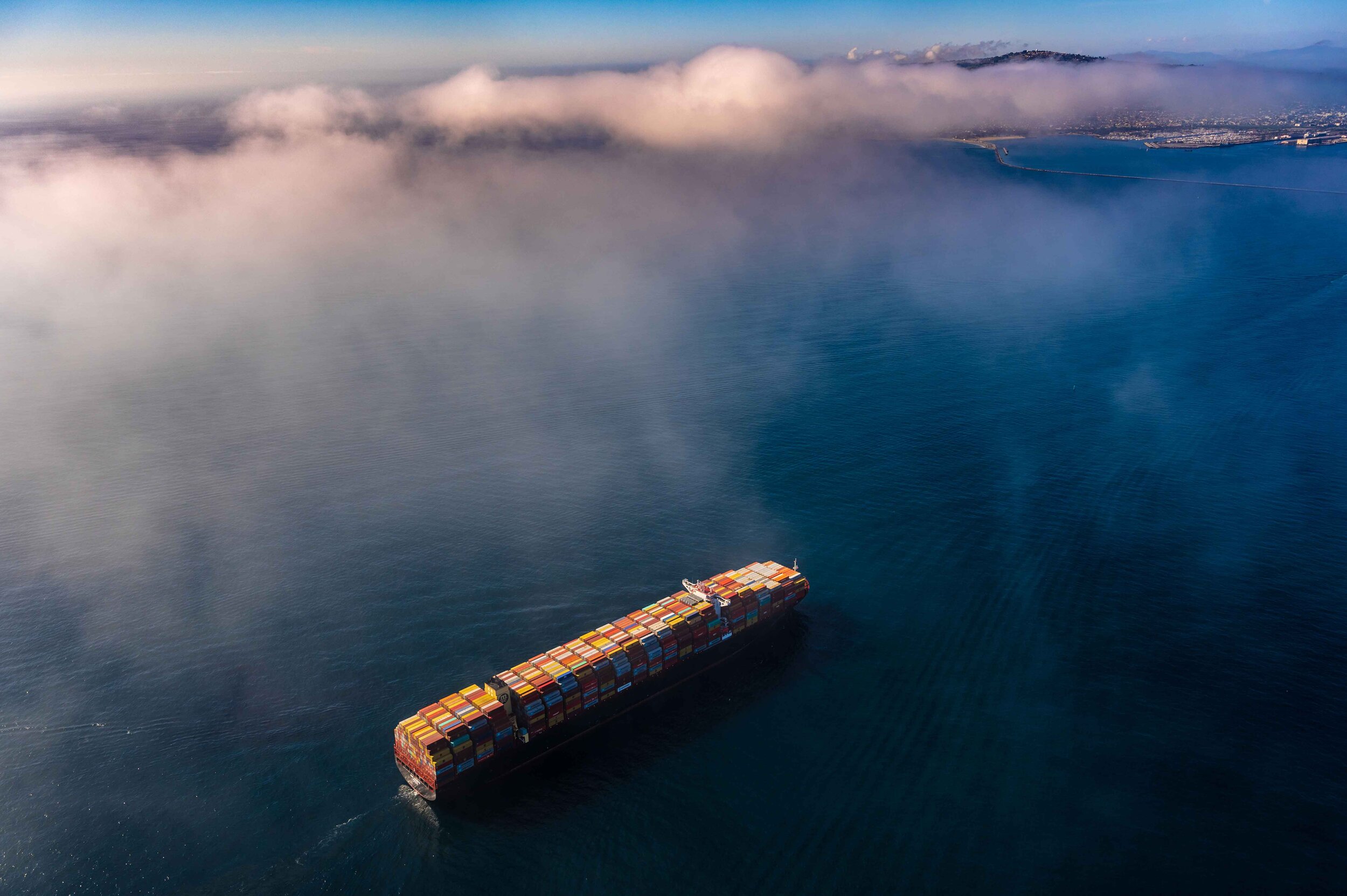
Secure supply chains.
We work to ensure a secure transport environment, enhancing security without impeding the flow of legitimate commerce.
Keeping crew, customers and assets safe.
Useful Links
The world of international logistics is not immune to the threats of terrorism, piracy, and trafficking of illegal goods. WSC members take these threats seriously and implement detailed plans and procedures to ensure safety and security. We support a collaborative government-industry approach to enhance security whilst maintaining the timely flow of legitimate commerce.
An important role of our Safety & Security Council is to analyse, propose and implement measures at the national, regional and international level for the enhancement of the security of ports, vessels, cargo and personnel.
Ever since 9/11/2001 governments around the world have sought to prevent transport and trade from being infiltrated by terrorism and protect societies against other threats like the movement of illicit goods. It is vital that the systems governments have in place are effective and up to that challenge while at the same time facilitating the flow of legitimate trade and business.
International liner ships and port facilities must comply with the International Ship and Port Facility Security (ISPS) Code which requires that each vessel whose flag state is a party to the IMO Convention for the Safety of Life at Sea (SOLAS) implements a ship security plan.
Governments also want to know about the cargo that is moving across their borders. Knowing accurately who is moving what cargo, to whom, and from where, enables governments to focus their resources efficiently to counter any threats and at the same time permit legitimate trade to pass unimpeded.
Since 2001 WSC has been working in partnership with jurisdictions like the US and the EU to set up the necessary IT systems and legal frameworks to establish effective supply chain security. These systems do not rely exclusively on the advance cargo security information that can be provided by shipping lines, but also obtain data from across the supply chain including importers, manufacturers and freight forwarders who have access to more information about the goods.
The most effective advance cargo information systems follow the requirements agreed by governments and industry in the World Customs Organization’s (WCO) SAFE Framework of Standards which establish how precise information can be obtained efficiently from the party holding the information without breaking business confidentiality or disrupting business roles.
WSC and member carriers also work closely with individual jurisdictions on voluntary trusted trader programmes like the Customs Trade Partnership against Terrorism in the United States (CTPAT), or the EU’s Authorized Economic Operator system (AEO) all of which underline the importance of governments and trade bodies working together to build the most effective defenses for citizens and legitimate trade.
Fighting piracy.
Piracy is as old as shipping and remains a significant threat. Although liner vessels - container ships and roll-on/roll-off vessels - are generally at lower risk for hijackings because of their higher operating speeds and freeboard (height above the water), they have been consistently targeted by pirates especially off Somalia and in the Gulf of Guinea.
Successfully addressing this threat is a complex challenge for both governments and industry. Together with our members, we are working closely with international maritime trade associations, the International Maritime Organization (IMO), and governments to closely monitor the ongoing piracy crisis and to reduce the risk that commercial vessels are attacked and hijacked.
We are signatories of the Gulf of Guinea Declaration, and work actively to secure naval protection as well as resource to work on the underlying causes of Piracy on land.
We also play an active role in the development of the industry Best Management Practices (BMPs) for ships to prevent and respond to pirate attacks. The BMPs, which are endorsed by the IMO, advise vessels to communicate their position and intended route to Naval Forces in the region and to take certain self-protection measures. It also lists important steps to take if boarded by pirates. Download the most recent update of the BMP here.
In addition, the international shipping organizations, including WSC, have published the Best Management Practices to Deter Piracy and Enhance Maritime Security off the Coast of West Africa including the Gulf of Guinea (BMP WA). The BMP WA, supported by a large number of industry, military and law enforcement organizations, is designed to help ships and crews avoid becoming victims of piracy off the coast of West Africa and to assist ship operators in planning their voyages to detect, avoid, deter, delay and report pirate attacks.
International liner ships and port facilities must comply with the international standards and procedures of the International Ship and Port Facility Security (ISPS) Code. The Code requires that each vessel whose flag state is a party to the IMO Convention for the Safety of Life at Sea (SOLAS) develop and implement a ship security plan.
Each SOLAS port facility must also develop and implement a facility security plan. Ports should also adhere to the ILO Code of Practice on Security in Ports.
In addition, the IMO and individual jurisdictions have implemented additional programs and requirements to enhance the security of vessels and port facilities in conformance with the ISPS Code
As vessels and liner shipping companies digitalise their way of working, cyber security becomes increasingly important to protect employees, customers and assets. The IMO Maritime Safety Committee Resolution MSC.428(98) requires vessels to incorporate cyber risk management practices into their Safety Management Systems (SMS) in accordance with the ISM Code.
Together with other industry associations, WSC has developed “Guidelines on Cybersecurity Onboard Ships”, which are regularly updated to include the latest available risk information, cyber risk management guidance, IMO requirements, and operational practices.
